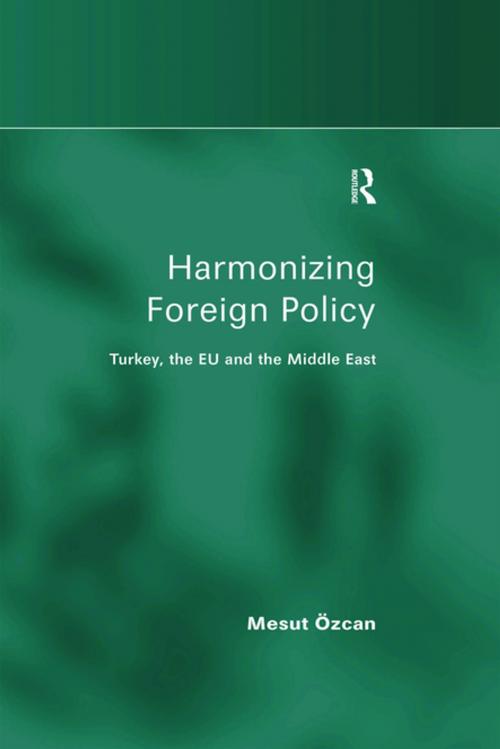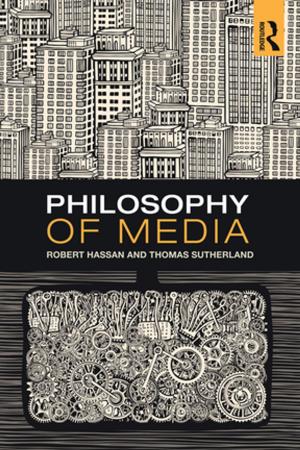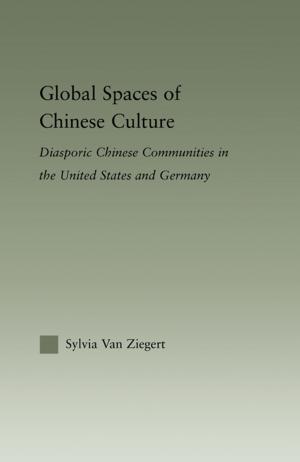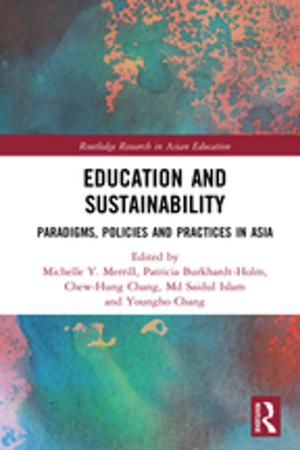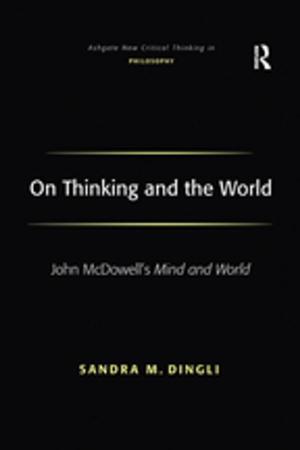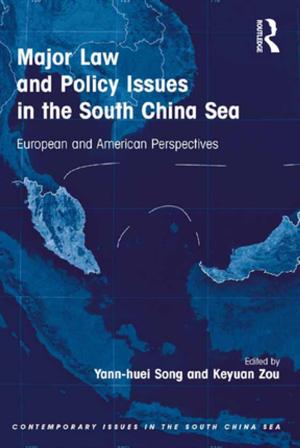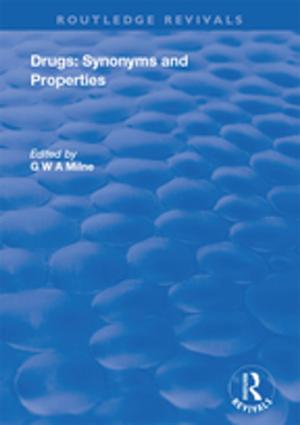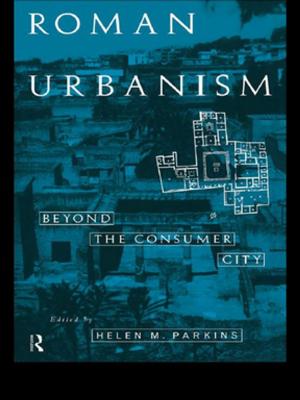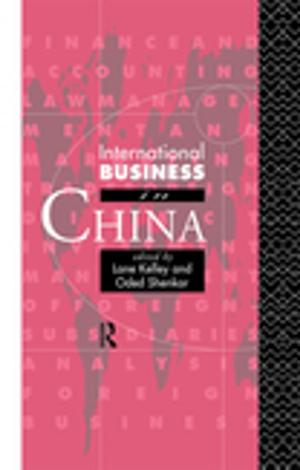Harmonizing Foreign Policy
Turkey, the EU and the Middle East
Nonfiction, Social & Cultural Studies, Political Science| Author: | Mesut Özcan | ISBN: | 9781351931601 |
| Publisher: | Taylor and Francis | Publication: | December 5, 2016 |
| Imprint: | Routledge | Language: | English |
| Author: | Mesut Özcan |
| ISBN: | 9781351931601 |
| Publisher: | Taylor and Francis |
| Publication: | December 5, 2016 |
| Imprint: | Routledge |
| Language: | English |
The change in Turkish foreign policy towards the Middle East in the post-Cold War era is a highly debated issue, with most experts believing that Europeanization has become the driving force behind this change. This book takes the cases of Iraq and the Palestinian-Israeli conflict as two important illustrations. Both cases present dynamic issues of conflict in the region and are high on Turkey's agenda in terms of its policies towards the region. Focusing on issues related to EU integration, the study examines the formation of a common foreign policy in general and a common policy towards the Middle East in particular. It also investigates decision making in Turkish foreign policy and foreign policy towards the Middle East before and after EU candidature. As such it provides valuable insights into how parties interact with each other and the way in which foreign policies can be harmonized.
The change in Turkish foreign policy towards the Middle East in the post-Cold War era is a highly debated issue, with most experts believing that Europeanization has become the driving force behind this change. This book takes the cases of Iraq and the Palestinian-Israeli conflict as two important illustrations. Both cases present dynamic issues of conflict in the region and are high on Turkey's agenda in terms of its policies towards the region. Focusing on issues related to EU integration, the study examines the formation of a common foreign policy in general and a common policy towards the Middle East in particular. It also investigates decision making in Turkish foreign policy and foreign policy towards the Middle East before and after EU candidature. As such it provides valuable insights into how parties interact with each other and the way in which foreign policies can be harmonized.
